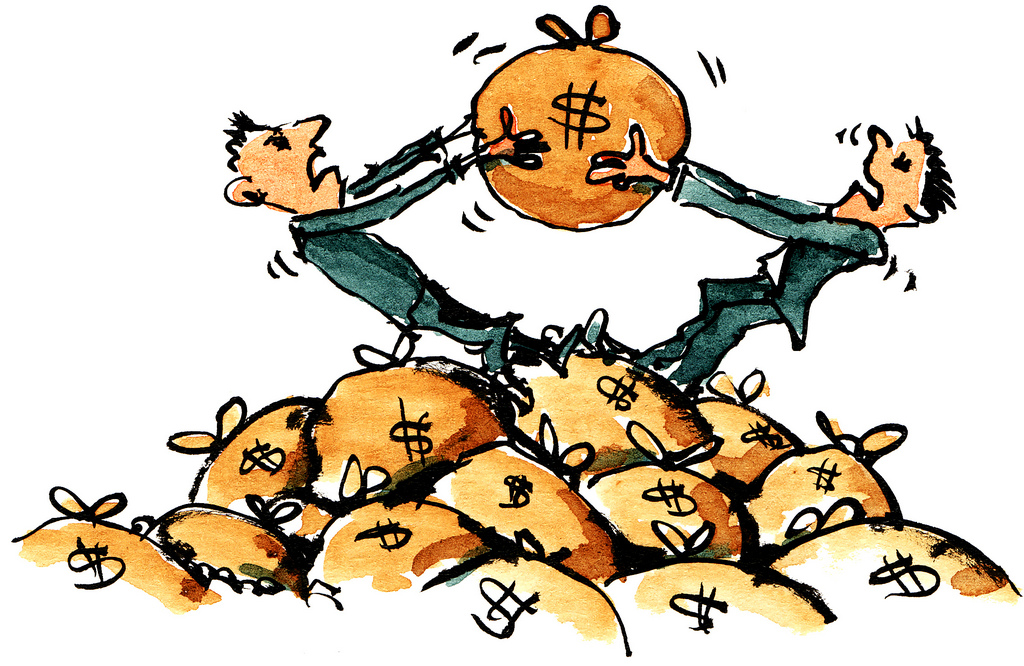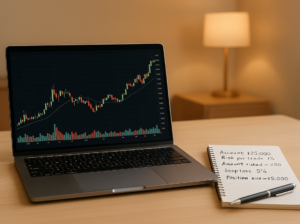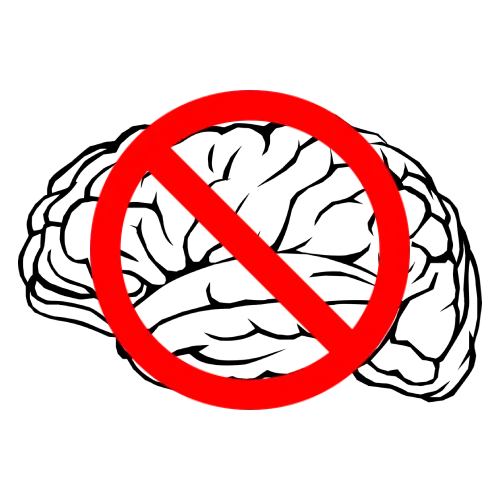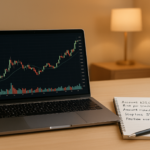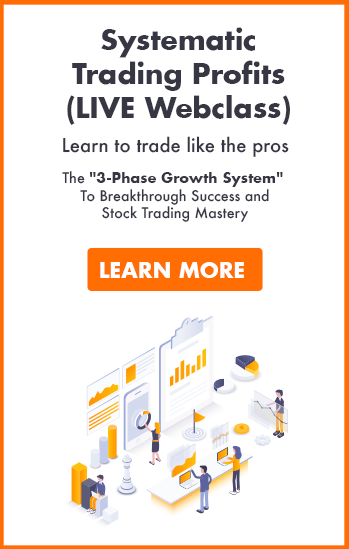5 Facts About Trading Stocks
#1 There’s Always Stress Attached To It
There’s no escape, money is on the line. Likely your money, your hard earned savings!
If you publicly show your trading results, then your ego or reputation is on the line as well. Some people can take the additional stress while some find that stress pushes them to do better. Different people, different strokes.
That’s why trading is so individualistic, but everyone will experience the stress and emotions that come with it.
Or if you’re a full-time trader, you may need to dig into your savings for living expenses that month if you don’t make money.
All these are stresses which we can’t escape from, and it takes some effort to find out how each person can manage them.
However, there is one type of stress which we CAN escape from, most of it anyway. It is the the need for so many decision-making moments during a trading session. The more decisions you need to make, the more stress you face and it will tire you out.
Not only physically, but emotionally as well. Do you remember trades where you just kept staring at the screen after u entered, and asking yourself, “should I take my money here?” “Do I cut my losses here?” “Should I be short instead of long now?”
Each time you ask yourself this, you’re eating away a little of your “emotional capacity”. Eventually you will become emotionally drained and lose the will to take more entries until you are recharged again.
You can minimize the need to make so many decision making moments, by making your trading plans before the start of the trading session, or over the weekends before you enter your trades. In your trading plans, you would already have your decisions planned out. Trade according to your trading plan.
This is a mindset which helped me with the stress. Consider that once a trade is entered, your risk for the trade is paid. You paid it to take on this position. You are now just managing the position which you paid to be in, to maximize your profits. So focus on managing your trade well.
It also helps to have a hobby to de-stress.
#2 Don’t Expect To Profit From Every Single Move In The Market
What type of move you catch depends on the type of strategy you’re trading.
Some market moves won’t make sense to your strategy. Some people like to buy highs, some people don’t like to buy highs or just can’t buy highs, it makes them uncomfortable, anxious. Those additional distracting feelings erode your trading performance.
Find out which type of trader you are, it will help you discover what type of trading suits you best. Then stick with it.
Expect to make profit from the types of moves your strategy allows you to catch in the long run, that’s your piece of the pie so quit eyeing other people’s’ share.
Eat your own piece of the pie!
#3 Trading Needs Time
Time to become proficient at making money and time to accumulate the money made.
This is a skill that can be developed just like any other skill. The only difference is that to be profitable, you need to be competitively skilled and not just recreationally skilled. It’s akin to a competitive endeavour, you need to keep practicing the good habits, keep following your trading rules and keep thinking because every day is a new puzzle.
So you need to give yourself time to become a proficient trader. Some people are faster, some need more time, most people need a lot of time. If you have a day job and are picking this up part-time, consider that you probably need 3 years (depending on how much effort you put into it) to develop your skills to a level which is seriously profitable. And I mean reviewing your trades every weekend, spending a lot of time on the charts every day and more on weekends.
Then how do you know when you’ve reached your destination?
Well, first thing you need to do is define what you mean by a proficient trader. For some it means being profitable every quarter, for some it means being profitable every year.
I admit it’s hard to define, but once you start being able to see things without panicking, when you feel in control of your trading, that’s likely the point when u are also profitable and will continue to be.
Constant work is required, to maintain yourself at that level. It’s like being an athlete. You need to keep practicing, so the right actions become reflex, keep performing the good habits, don’t allow bad habits to take root, and more importantly, to adapt, because the market will change, and you need to adapt to the changes as you go along.
Give yourself time.
#4 Don’t Expect To Become A Millionaire By Trading
It might happen, it might not. Even if it happens, you would need some time and a lot of effort to get there. Also your starting point matters. If you started with $100,000, naturally you’re a lot closer to your target.
However, a million dollars is still 1000% of your $100,000 trading account. If you’re making 100% a year, you’ll still need over 3 years. If you’re trading a $10,000 account, you would need over 7 years, assuming you can consistently produce 100% gains every single year! If you’re not trading full-time, it’s probably even harder to produce 100% returns a year.
This also excludes the time you need to become proficient enough to produce those kinds of returns, how many years would you need?
FYI, there are traders out there who can do over 100% in just a month, and without taking crazy risks. But they have decades of experience and massive amounts of hard work behind them to develop the skills, and a lot of talent.
So I’m not going to limit your beliefs about what’s possible out there, but you need to be realistic about YOUR trading performance. If you’re exceptionally talented, your trading profits will show it over the long term. Otherwise, well you’re just like the rest of us. =)
If my articles have helped you in any way to become a millionaire, please share the joy. 😉
#5 Hindsight Is Always 20/20, Foresight Seldom Is
Don’t harp on not seeing the random trade entries before the fact. Or closing out the trade at the best case scenario. Should’ve, Would’ve, Could’ve won’t change our past.
We should spend that effort on keeping a detailed trading journal instead. Review our trades and observe things which happen before, during and after our trades.
Then decide if we need to adjust our trading rules to improve our performance. For example, a couple of popular metrics which professional traders keep are the Maximum Adverse Excursion(MAE) and Maximum Favourable Excursion(MFE). These will let you know if your stoploss is typically too far away. Or maybe if your profit trailing methodology is leaving too much money on the table.
So the next time you want to say “Ah! I should have gotten out there!” Take a closer look at what the markets were doing, was there something that consistently happens which indicates you should have “gotten out there”?
Keep your eyes open and look forward!
Good trading folks!



